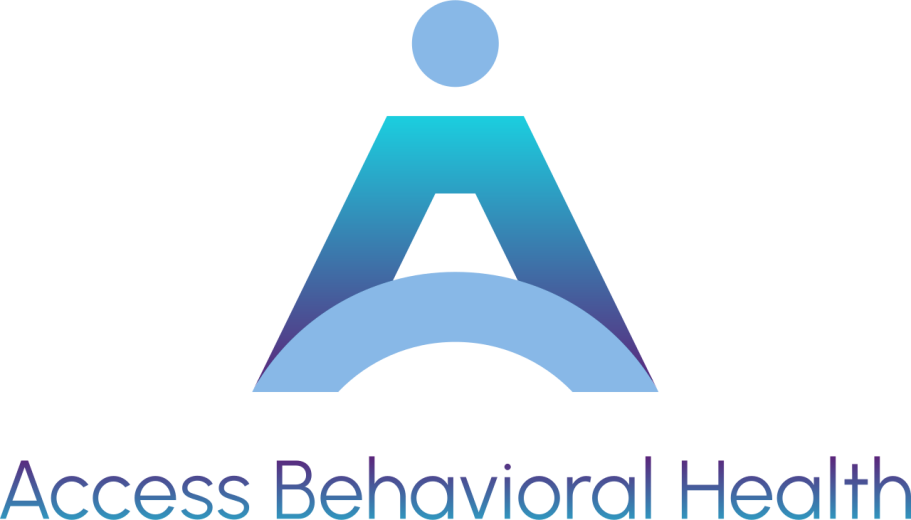Collaborative Care Model (CoCM) with Access BHC
Access BHC is a clinical group practice that provides integrated behavioral health care using the CoCM Collaborative Care Model. We provide a range of psychiatric and behavioral health services to individuals and families including medication evaluations, medication management, psychological assessments, diagnosis, and treatment for a variety of mental health conditions. The clinic is operated by a team of behavioral health professionals, including psychiatrists, psychiatric nurse practitioners, psychologists, and therapists who work together to provide comprehensive care to patients. Our CoCM practice model allows for easy collaboration within a multidisciplinary team of providers and continuity of care for improved patient outcomes. We are passionate about delivering quality care to patients and building strong relationships within the community.

Our Behavioral Health Services
Psychiatric Services:
Develop a collaborative full-service psychiatric program to address the mental health needs of participants in your clinic. We provide medication evaluations and medication management services.
Psychotherapy/Crisis Intervention Services:
Manage and develop an outpatient behavioral healthcare services team for ongoing psychotherapy, crisis intervention, etc., to address the mental health needs of clinic participants.

Collaborative Care Model (CoCM) with
The Psychiatric Collaborative Care Model (CoCM) is the most effective evidence-based integrated care model for behavioral health, validated by more than 90 randomized controlled trials. CoCM enables a holistic team-based approach to treating common mental health conditions by integrating behavioral health professionals into the care team, while simultaneously increasing the confidence and competence of physical health providers in treating these disorders.

CoCM with Access BHC
Access BHC’s solution for CoCM combines technology such as utilizing telehealth for service delivery to patients and a registry of targeted patients based on specific PCP administered assessments to drive results quickly and conveniently to encourage patient participation and follow through. We offer:
- staffing support with experienced behavioral health care clinicians including psychiatrists, psychiatric NP’s and mid-levels
- telehealth mental/emotional health assessments to rapidly identify CoCM-appropriate patients
- cloud-based technology which enables real-time collaboration and management of the patient panel with straightforward tracking and documentation, making scaling the CoCM program easier and more efficient
- EHR integrations and comprehensive reporting which keep physicians informed

Why Collaborative Care
Collaborative care is a model of integrated care that was developed at the University of Washington AIMS Center to treat mental health conditions like depression and anxiety which require regular follow-up due to their persistent nature. Collaborative care focuses on defined populations that are tracked within a registry and leverages a care team made up of primary care providers, psychiatrists, NP’s and other behavioral health clinicians who provide evidence-based, brief interventions and may prescribe medication when necessary. Over 90 randomized trials have proven collaborative care to be one of the most effective ways to treat diverse populations that have a variety of behavioral health and comorbid medical conditions, enhancing both mental and physical well-being.

How Does CoCM Work
Collaborative care requires new workflows and team members. In a typical medical care scenario, the treatment team has two members, the primary care provider (PCP) and the patient. In collaborative care, there are additional roles and a registry. These additional care team members are critical for closing the gap between physical and mental health care, ensuring behavioral health conditions are not left untreated as is often the case in primary care settings.
The primary care provider determines whether the patient should be referred to collaborative care team based on behavioral health symptoms. Treating behavioral health conditions in a primary care setting improves access for patients who already have an existing relationship with their PCP.
The PCP then introduces the patient to the behavioral health care member who will conduct interventions with the patients. These interventions include conducting validated assessments like the PHQ-9 for depression or GAD-7 for anxiety as well evidence-based therapies like cognitive-based therapy (CBT).
In addition to communicating with the PCP and patient regularly, the clinician also works with a behavioral health provider to determine prescription needs and adjust the care plan based on patient outcomes. The care manager and psychiatric care practitioner collaborate to effectively manage the patient caseload and monitor the treatment progress.

Benefits of CoCM
Psychiatrists provide oversight. Psychiatrists or psychiatric nurse practitioners provide weekly chart reviews, oversee medications and therapeutic interventions, and making clinical recommendations wherein patients benefit greatly from a psychiatrists’ specialized training.
Psychiatrists trains the PCP in mental health. As psychiatrists in the model make clinical recommendations to the PCP, the primary care physicians become more accustomed to informed clinical interventions and more confident in treating patients with psychiatric disorders in their practices.
Most importantly, patients get better. In more than 80 randomized controlled clinical studies, CoCM has been shown to lead to better patient outcomes, better patient and provider satisfaction, improved functioning, and reductions in healthcare costs. In a world where 50% of patients who receive referrals for specialty mental health care never follow through, improved treatment in a primary care practice under the care of the CoCM team is a big win.
Contact Access Behavioral Health Care To Learn More About Our CoCM Services Today!
©Copyright. All rights reserved.
